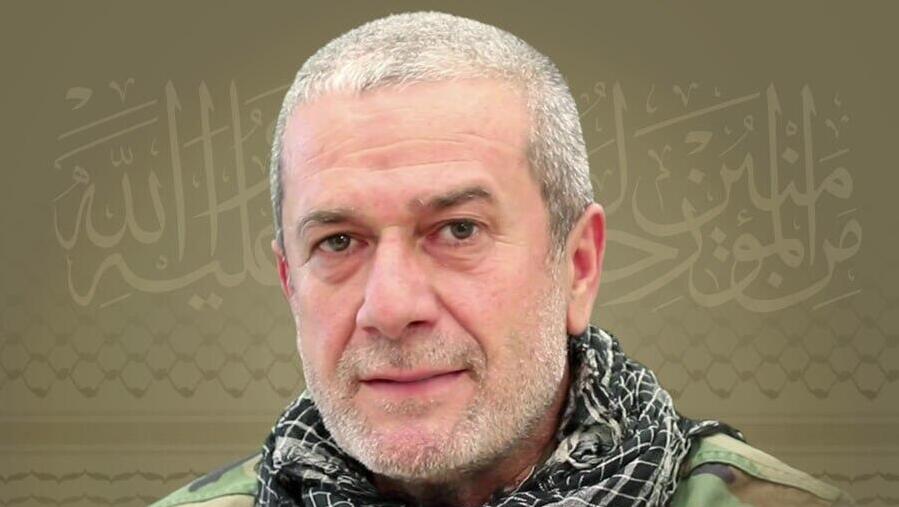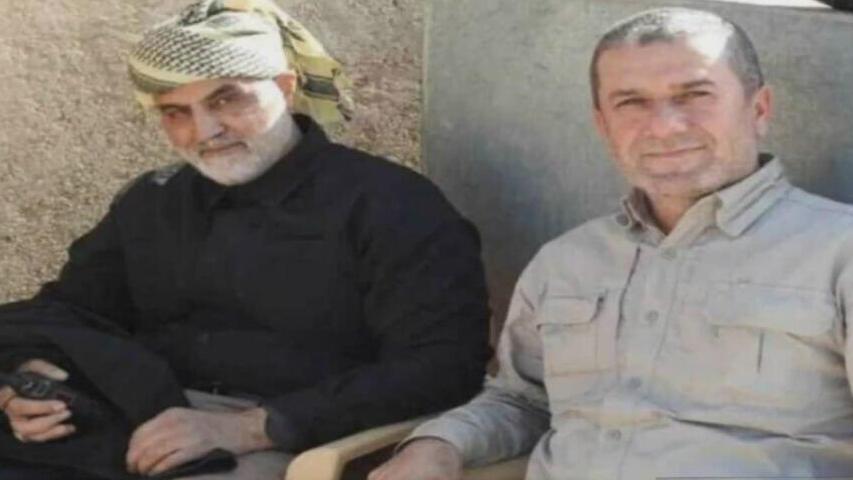The IDF reported Wednesday that Muhammad Neamah Nasser, also known as Abu Neamah, the head of Hezbollah's Aziz regional division who was killed in an Israeli strike, was involved in the abduction of IDF reservists Ehud Goldwasser and Eldad Regev in 2006.
Naser entered his position in 2016 and led the firing of rockets and anti-tank missiles from southwestern Lebanon toward Israeli civilians, communities and security forces. The statement added that Naser directed a large number of terror attacks toward Israel both during and before the war and has previously filled several other central roles within Hezbollah.
Meanwhile, senior Hezbollah official Hassan Fadlallah stated at an event commemorating another Hezbollah terrorist who was killed that the death of Nasser would not cause the terror group to retreat or weaken its resolve to continue confronting Israel.
Fadlallah added that the "account with Israel is growing." According to the senior official, "There will be a response to the crime, and the enemy will understand that the resistance's reach is long." He added that the assassination would not ease the pressure on the northern front; on the contrary, "The killing of leaders will only strengthen Hezbollah's determination to continue building its capabilities. These leaders have raised generations of fighters."
Fadlallah further noted that Hezbollah is prepared to face any development in any direction. "People like Nasser do not leave the battle, regardless of the dangers and challenges," Fadlallah said. "They stay with Hezbollah fighters on the front lines. He knew he was a target and did not leave the area for nine months, remaining in the eye of danger, moving between the resistance ranks and fronts. He did not care about death. He led the 'Aziz' unit on the front line, from the sea to the very front. He struck at the enemy until he died."
Following the dramatic assassination, Hezbollah responded with heavy barrages, launching dozens of rockets toward communities in the Upper Galilee and the Golan Heights. Several rockets exploded in open areas, and no casualties were reported. Several fires broke out in the northern Golan. Hezbollah claimed responsibility for "firing 100 Katyusha rockets," stating that the targets were IDF bases in Nafah and Kela.




